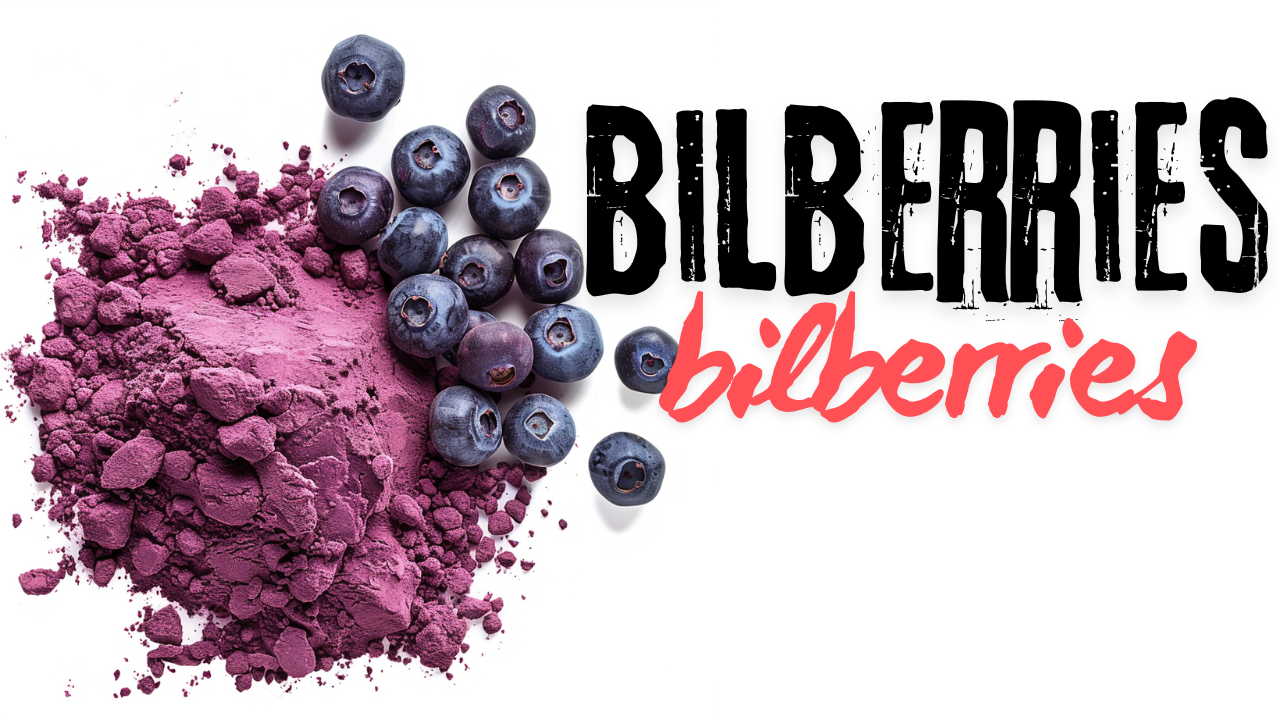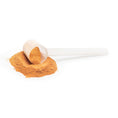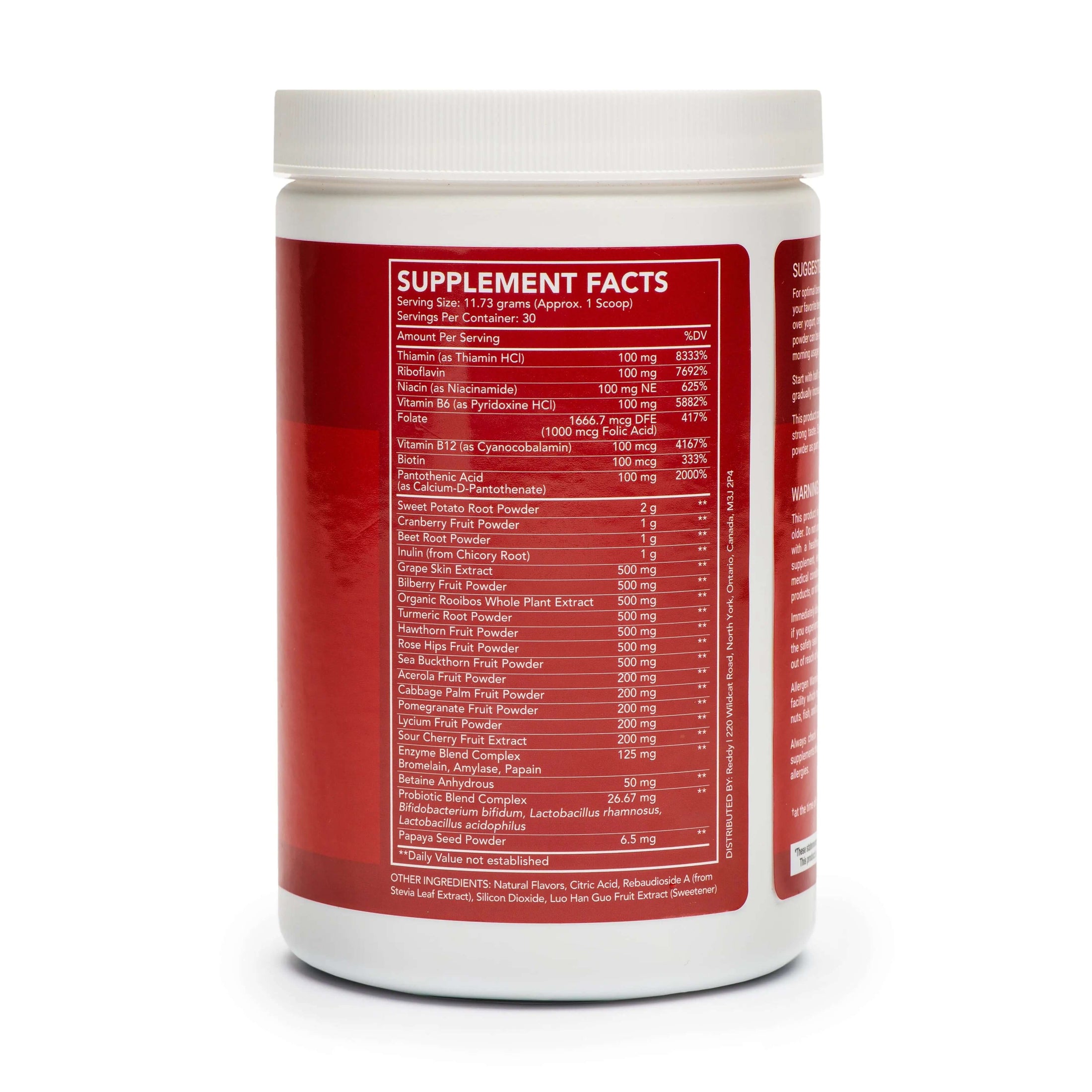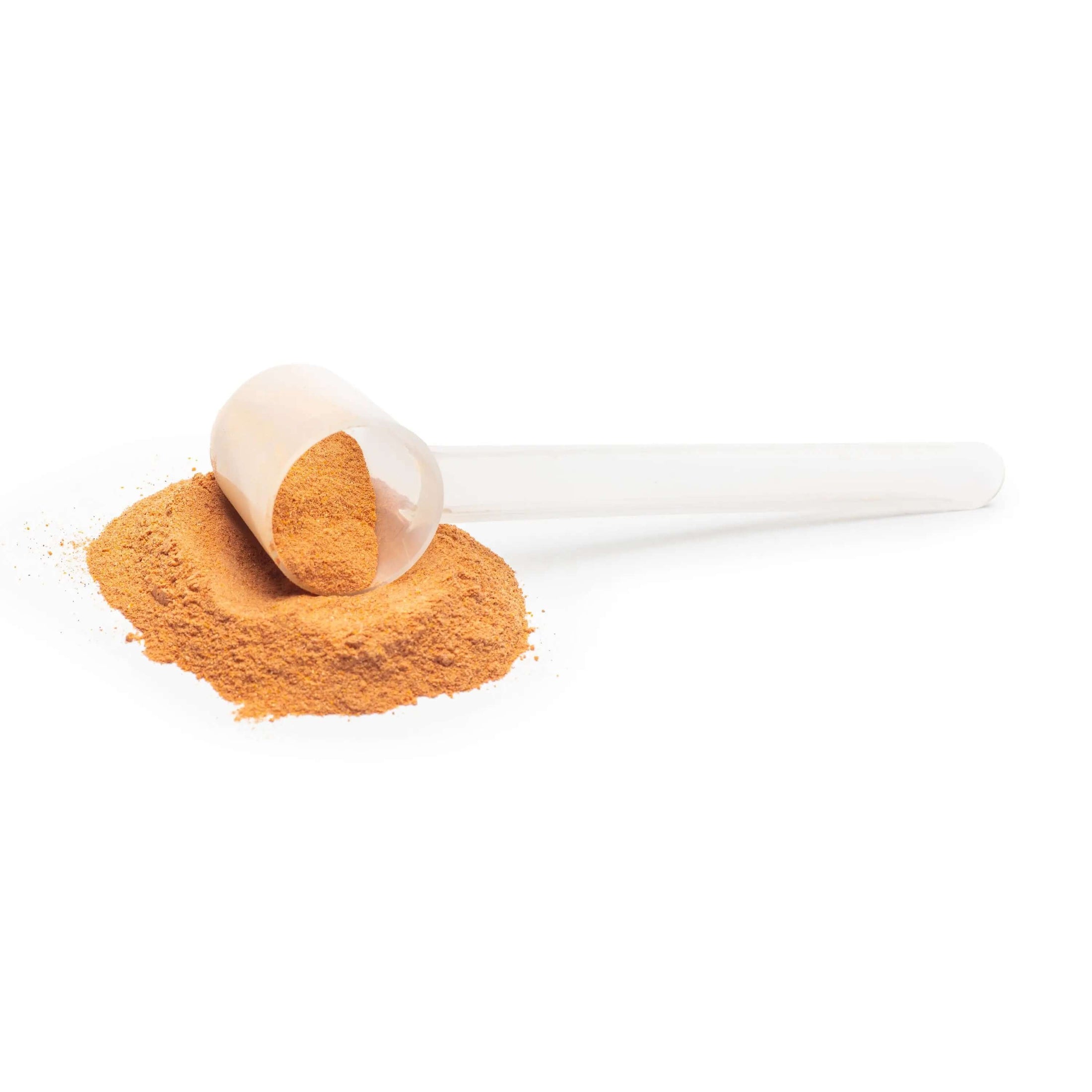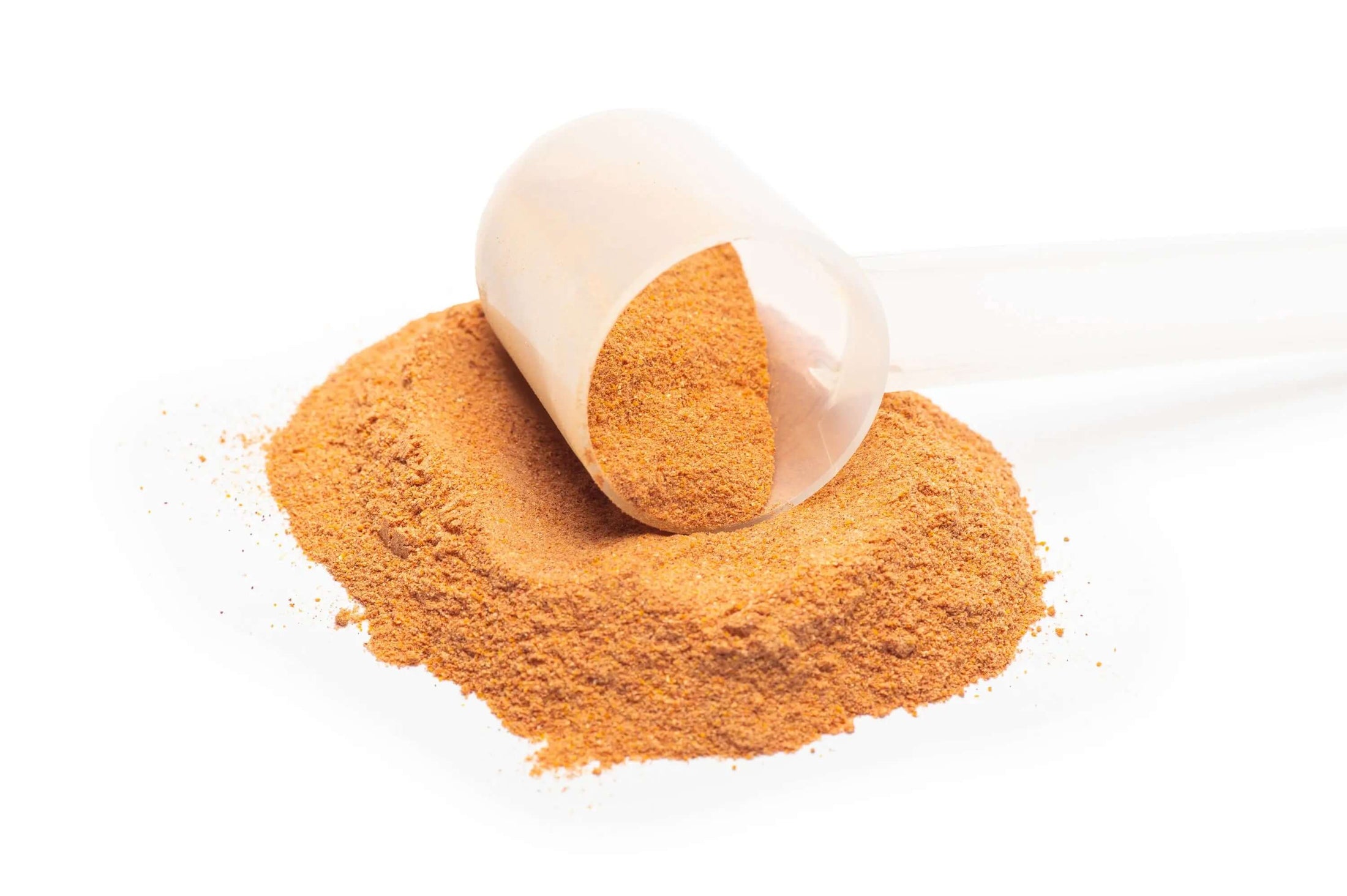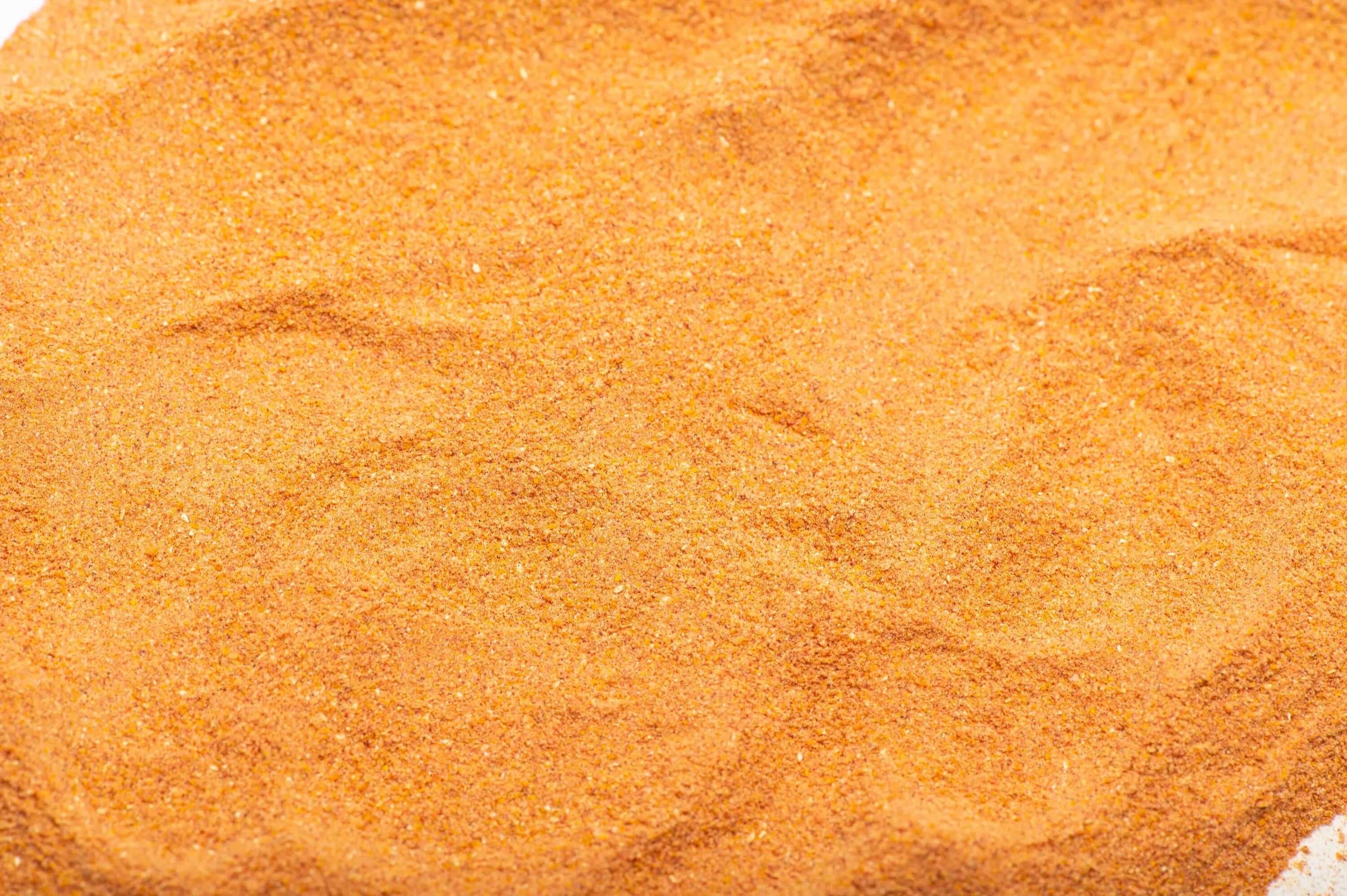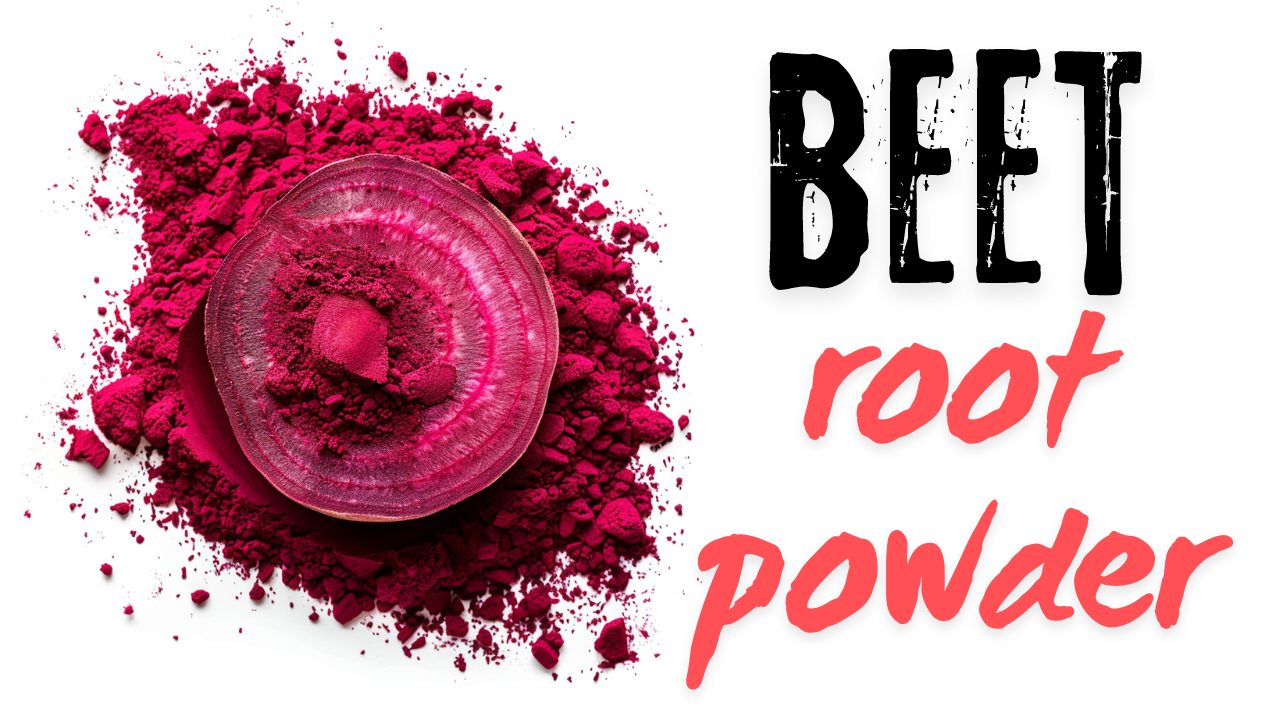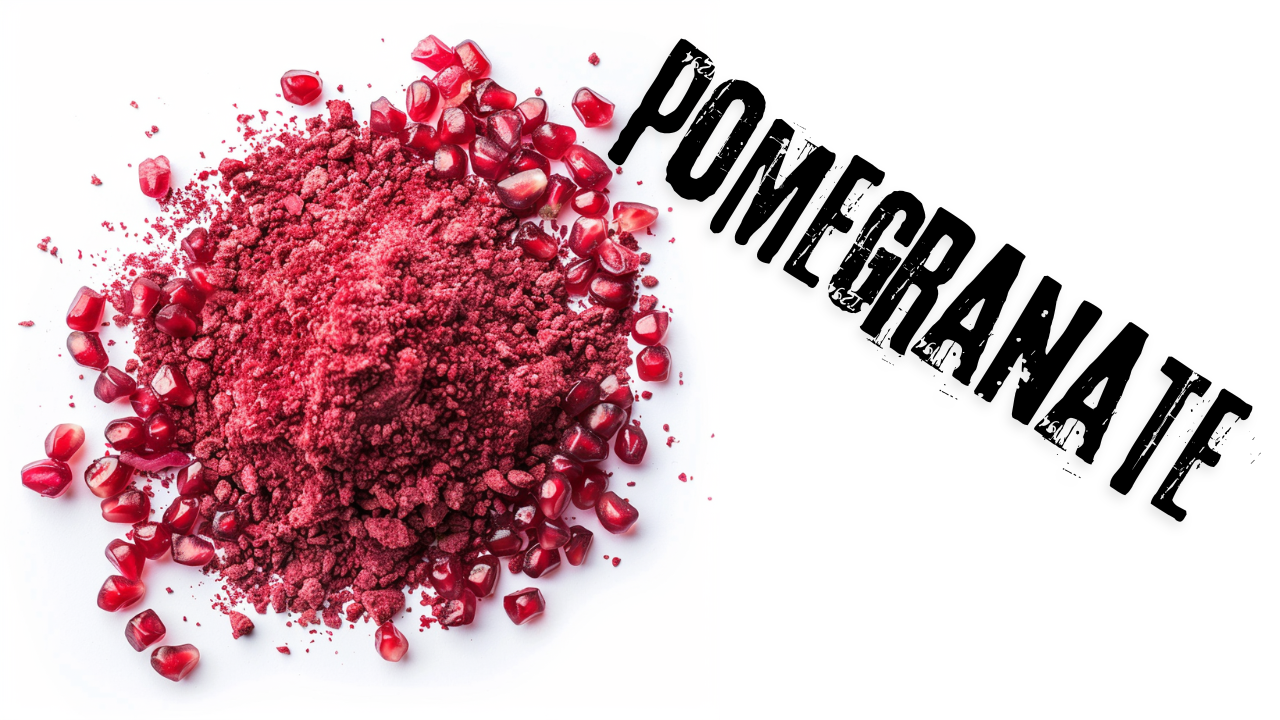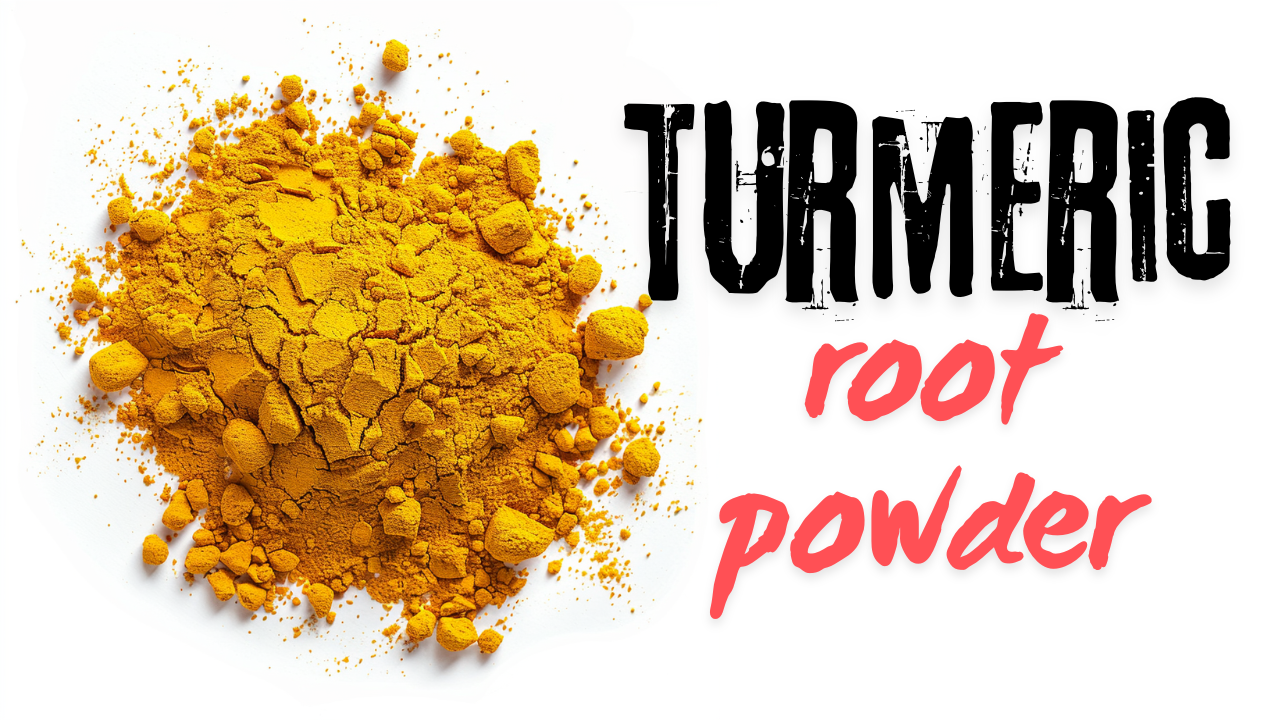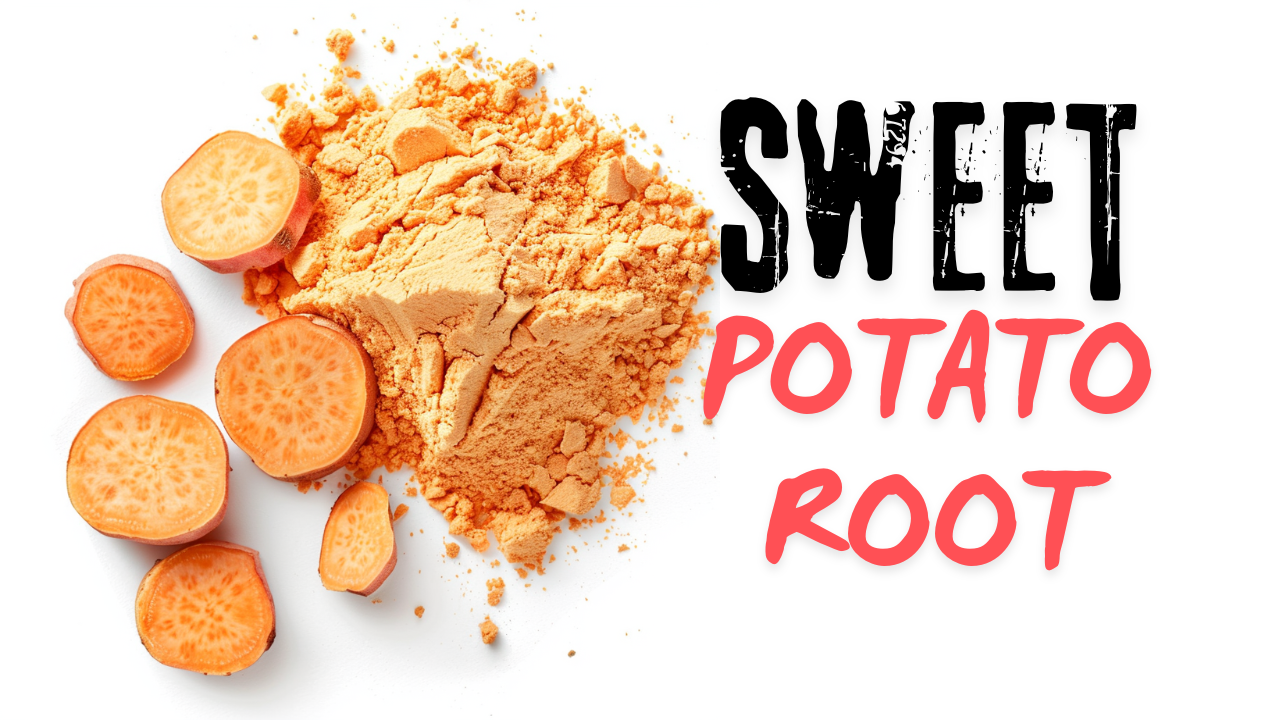Introduction
Bilberries, often confused with blueberries, are a powerful superfood known for their impressive nutritional profile and health benefits. These small, dark blue berries are packed with antioxidants, vitamins, and minerals that can enhance overall health and wellness. In this comprehensive guide, we'll explore the benefits of bilberries, their uses, and why they are a key ingredient in our Reddy Red Superfood Powder.
Table of Contents
| Heading | Sub-Topics |
|---|---|
| What are Bilberries? | Origins and History, Botanical Characteristics |
| Nutritional Profile of Bilberries | Vitamins and Minerals, Antioxidant Properties, Phytochemical Compounds |
| Health Benefits of Bilberries | Eye Health, Cardiovascular Health, Anti-Inflammatory Properties, Weight Management, Digestive Health, Immune System Support |
| Uses of Bilberries | Dietary Supplements, Culinary Uses, Skincare Applications |
| Incorporating Bilberries into Your Diet | Fresh Bilberries, Dried Bilberries, Bilberry Extract, Recipes Featuring Bilberries |
| Potential Side Effects and Precautions | Possible Allergic Reactions, Who Should Avoid Bilberries?, Safe Consumption Practices |
| Research and Studies on Bilberries | Clinical Studies, Key Findings, Future Research Directions |
| Frequently Asked Questions | How much bilberry should I consume daily?, Can bilberries improve vision?, Are there any side effects of bilberries?, How can I use bilberry powder?, Is bilberry safe for children?, Can bilberries help with weight loss? |
| Conclusion | Summary of Benefits, Final Thoughts |
What are Bilberries?
Origins and History
Bilberries, scientifically known as Vaccinium myrtillus, are native to Europe and parts of Asia. They have been used for centuries in traditional medicine to treat various ailments. Unlike cultivated blueberries, bilberries grow wild and are known for their intense flavor and deep blue color.
Botanical Characteristics
Bilberries grow on low shrubs and produce small, round berries. They are often found in forested areas and heathlands. The berries are similar in appearance to blueberries but are smaller and darker, with a more intense flavor.
Nutritional Profile of Bilberries
Vitamins and Minerals
Bilberries are a rich source of essential vitamins and minerals, including vitamins C, K, and E, as well as manganese and iron. These nutrients play crucial roles in maintaining good health and supporting various bodily functions.
Antioxidant Properties
One of the standout features of bilberries is their high antioxidant content. They are particularly rich in anthocyanins, which give the berries their deep blue color and provide powerful antioxidant effects that protect the body from oxidative stress and free radicals.
Phytochemical Compounds
Bilberries contain a variety of beneficial phytochemicals, including flavonoids, phenolic acids, and tannins. These compounds contribute to their health-promoting properties, such as anti-inflammatory and immune-boosting effects.
Health Benefits of Bilberries
Eye Health
Bilberries are renowned for their ability to support eye health. The anthocyanins in bilberries improve blood circulation in the eyes and help protect against conditions such as macular degeneration and cataracts. Regular consumption can enhance night vision and overall eye health.
Cardiovascular Health
The antioxidants in bilberries, particularly anthocyanins, help improve cardiovascular health by reducing inflammation and oxidative stress. They also help lower blood pressure, improve blood vessel function, and reduce the risk of heart disease.
Anti-Inflammatory Properties
Bilberries have strong anti-inflammatory properties that can help reduce inflammation throughout the body. This makes them beneficial for individuals with inflammatory conditions such as arthritis and inflammatory bowel disease.
Weight Management
Bilberries are low in calories and high in fiber, making them an excellent addition to a weight management diet. Their fiber content helps keep you full for longer, reducing overall calorie intake and supporting healthy weight loss.
Digestive Health
The fiber in bilberries supports digestive health by promoting regular bowel movements and maintaining a healthy gut microbiome. Bilberries can help alleviate constipation and improve overall digestive function.
Immune System Support
Bilberries are rich in vitamin C and other antioxidants that help strengthen the immune system. Regular consumption can enhance the body's natural defenses and reduce the risk of infections and illnesses.
Uses of Bilberries
Dietary Supplements
Bilberries are commonly available in supplement form, including capsules, tablets, and powders. These supplements provide a convenient way to enjoy the health benefits of bilberries. Our Reddy Red Superfood Powder contains bilberries, making it easy to incorporate this superfood into your daily routine.
Culinary Uses
Bilberries can be used in a variety of culinary applications. They can be added to cereals, yogurt, smoothies, and baked goods to enhance flavor and nutritional value. Fresh or dried bilberries can also be used in jams, sauces, and desserts.
Skincare Applications
The antioxidants and vitamins in bilberries make them a popular ingredient in skincare products. They are used in creams, serums, and masks to promote healthy, youthful skin and protect against oxidative stress.
Incorporating Bilberries into Your Diet
Fresh Bilberries
Fresh bilberries are delicious and can be eaten on their own or added to fruit salads, yogurt, and desserts. Their tart and sweet flavor makes them a versatile addition to many dishes.
Dried Bilberries
Dried bilberries are a convenient option for enjoying this superfood year-round. They can be used in trail mixes, oatmeal, and baked goods, or simply eaten as a healthy snack.
Bilberry Extract
Bilberry extract is a concentrated form of the fruit that can be used in dietary supplements and health products. It provides a potent dose of the beneficial compounds found in bilberries.
Recipes Featuring Bilberries
Incorporate bilberries into your diet with various recipes. Add them to smoothies, bake them into muffins, or make a homemade bilberry sauce to drizzle over pancakes and waffles.
Potential Side Effects and Precautions
Possible Allergic Reactions
While bilberries are generally safe for most people, some individuals may experience allergic reactions. Symptoms can include itching, swelling, and digestive discomfort. If you experience any adverse reactions, discontinue use and consult a healthcare provider.
Who Should Avoid Bilberries?
Individuals with certain medical conditions or those taking specific medications should consult their healthcare provider before consuming bilberries. Pregnant and breastfeeding women should also seek medical advice before adding bilberries to their diet.
Safe Consumption Practices
To avoid potential side effects, consume bilberries in moderation and follow recommended dosage guidelines if using supplements. Starting with a small amount is advisable to ensure you do not have an adverse reaction.
Research and Studies on Bilberries
Clinical Studies
Several clinical studies have highlighted the health benefits of bilberries. Research has shown positive effects on eye health, cardiovascular health, and overall well-being.
Key Findings
Key findings from research include the ability of bilberries to improve night vision, reduce inflammation, and enhance heart health. The antioxidants in bilberries have been shown to protect against oxidative stress and improve blood circulation.
Future Research Directions
Future research aims to further explore the wide range of health benefits provided by bilberries. This includes their potential role in preventing chronic diseases and their impact on overall health and well-being.
Frequently Asked Questions
How much bilberry should I consume daily?
A typical daily serving of bilberries can vary, but consuming a handful of fresh or dried bilberries or a comparable amount in supplement form is common. Follow product-specific recommendations or consult a healthcare provider for personalized advice.
Can bilberries improve vision?
Yes, bilberries are known for their positive effects on eye health. The anthocyanins in bilberries improve blood circulation in the eyes and protect against conditions such as macular degeneration and cataracts.
Are there any side effects of bilberries?
While generally safe, some people may experience allergic reactions or digestive issues. It's important to start with a small amount to ensure you do not have an allergy.
How can I use bilberry powder?
Bilberry powder can be added to smoothies, yogurt, oatmeal, and baked goods. It’s also a key ingredient in our Reddy Red Superfood Powder, making it easy to include in your daily routine.
Is bilberry safe for children?
Yes, bilberries are safe for children when consumed in moderation. However, it's always best to consult a healthcare provider before adding new supplements to a child's diet.
Can bilberries help with weight loss?
Yes, bilberries can support weight management due to their low calorie and high fiber content, which helps increase feelings of fullness and reduce overall calorie intake.
Conclusion
Bilberries are a powerhouse of nutrients and antioxidants, offering a wide range of health benefits. From supporting eye health and cardiovascular health to aiding in weight management and boosting the immune system, these small berries pack a significant nutritional punch. Whether you enjoy them fresh, dried, or as part of our Reddy Red Superfood Powder, incorporating bilberries into your routine can enhance your overall wellness. With ongoing research and increasing popularity, bilberries continue to be recognized as a top superfood.

